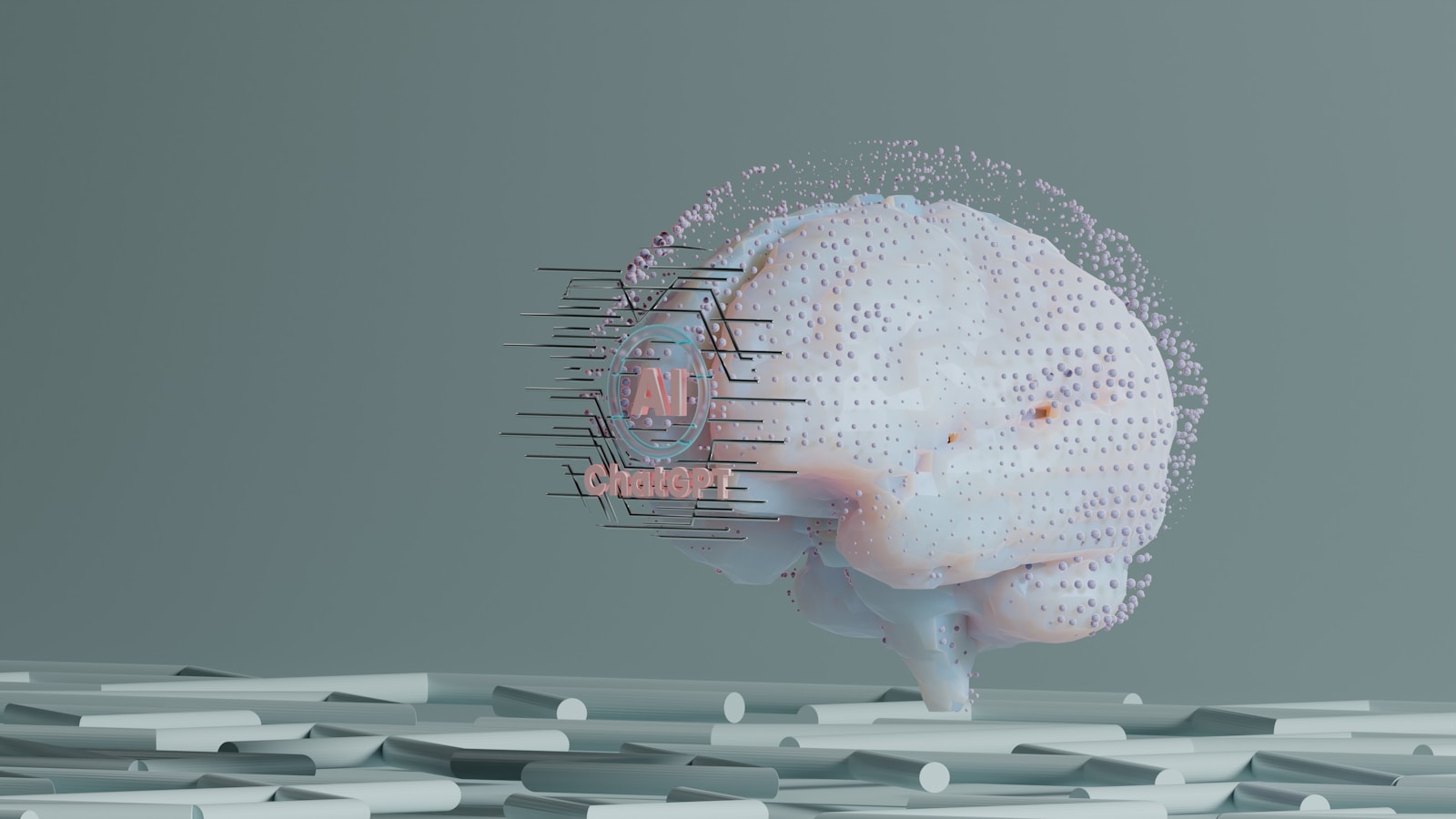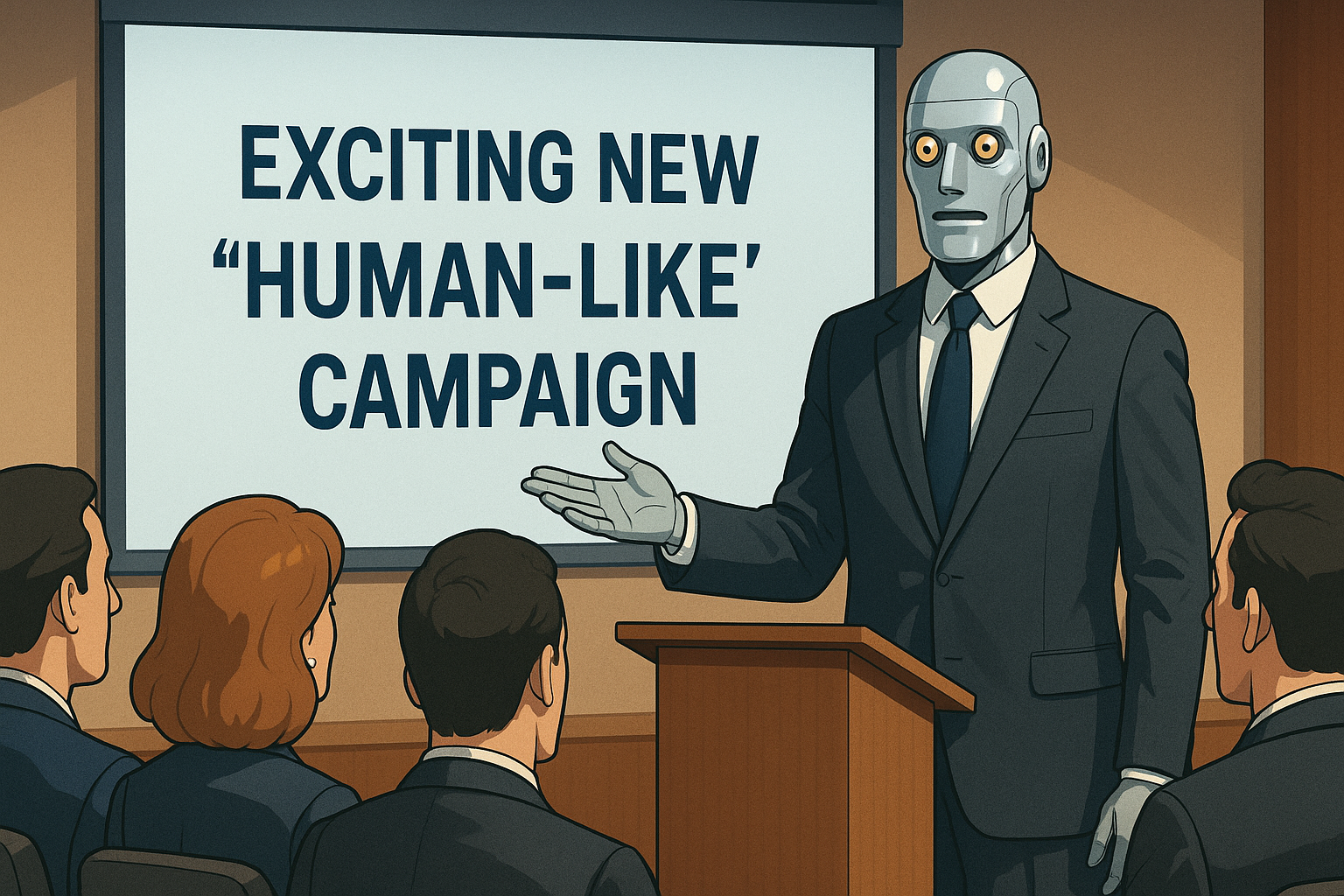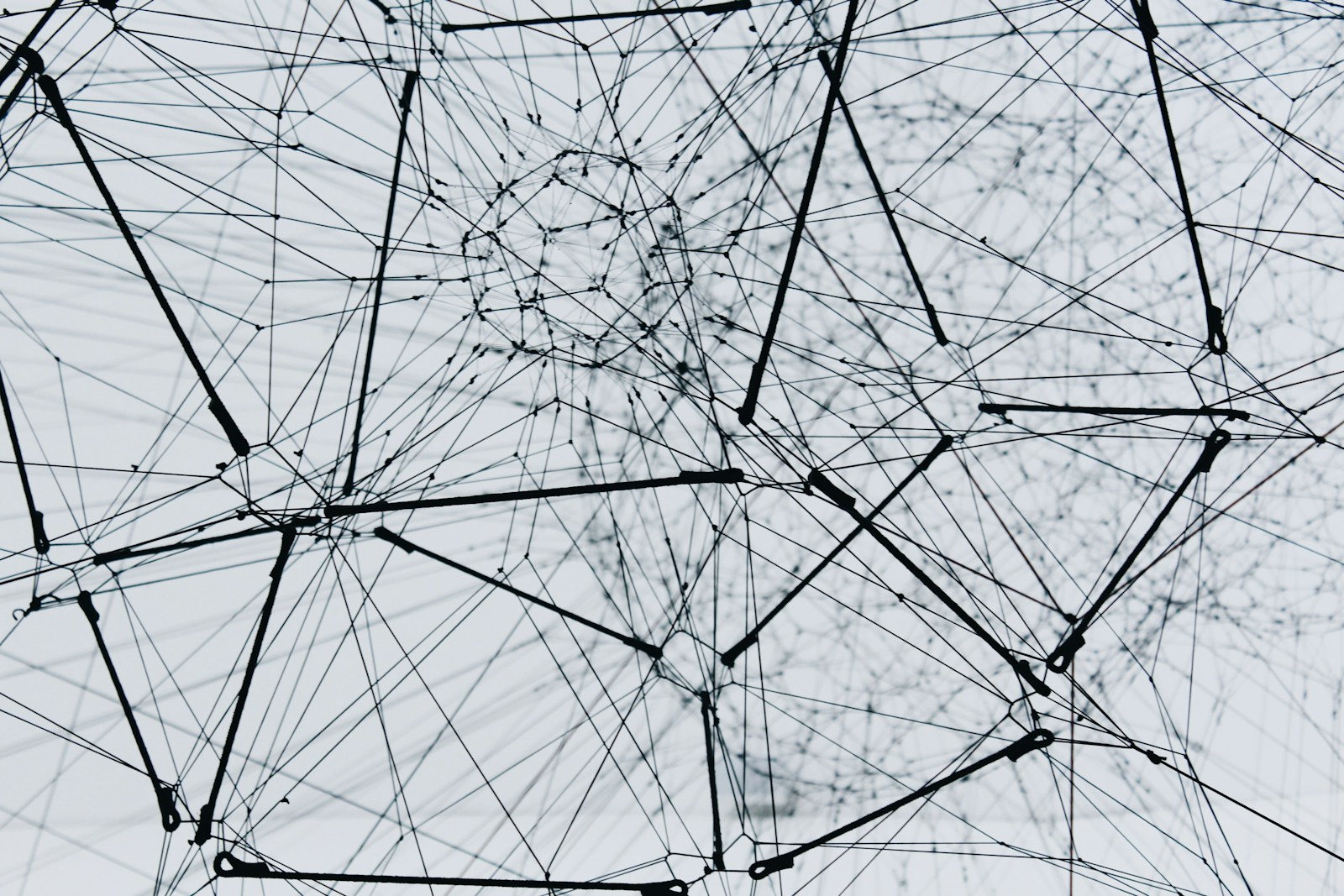Everyone keeps repeating the same safe line: “AI won’t replace us, it’s just a tool.” It sounds comforting, but let’s be honest — it’s not the whole truth.
Is AI going to take away jobs from real people?
Yeah, probably– in fact it is already. There’s no point sugar-coating a tsunami of change that’s already crashing into knowledge workers across the globe. Repetitive, process-heavy roles are first in line, and pretending otherwise only delays the real conversation we need to have.
But here’s the critical bit: the winners won’t be the companies who gut their teams and roll the dice on AI alone. The winners will be the ones who figure out how humans and AI work together, who redesign jobs, processes, and workflows so the machine does the heavy lifting, and the people bring the judgement, the creativity, and the ability to sell ideas in rooms full of other humans.
AI is brilliant. It makes the hard stuff easy and the slow stuff instant. But it’s also blind to nuance, politics, and context. Without human hands on the wheel, you end up with shiny outputs that don’t actually move a business forward.
And here’s something worth saying out loud: AI doesn’t lose sleep if a campaign tanks. Humans do. That accountability, that pressure, that weight of outcomes, that’s still a very human thing.
So How Do We Actually Apply AI Without Nuking Ourselves?
- AI does the grunt work. The boring, repeatable stuff. Drafts, summaries, data crunching. Let it chew through the 70% that drains you, so you can focus on the 30% that makes the work worth doing.
Example: Staring at a blank page is a nightmare. AI gives you a messy first draft in seconds. Then you take it and sharpen it into something that actually sounds like your brand. - AI as research sidekick. Fast, tireless, slightly unhinged. Perfect for surfacing competitor data, smashing together insights, or generating variations. But here’s the trick: it’s not Google on steroids. It lies, it hallucinates, it bullsh*ts. You have to fact-check and push back. That’s the “human filter” part.
- AI as the “what if” machine. It’s like a brainstorming partner who never sleeps. Feed it wild prompts. See what it spits out. Some will be trash, some will be gold. But it unlocks ideas you wouldn’t have had the bandwidth to chase on your own.
- Pair AI with human judgement. On its own, AI is like a trivia nerd at pub quiz night, great with facts, terrible at running the pub. You bring the nuance, the context, the sell. That’s the line between slop and strategy.
Why Businesses Shouldn’t Scrap Teams Overnight
Let’s be real. Businesses love cutting costs. So when they see AI doing tasks at lightning speed, the instinct is to fire teams and let the robots run wild. But that’s short-term thinking at its dumbest.
AI doesn’t understand culture. It doesn’t know when a CEO’s veto is emotional, not logical. It doesn’t feel the undercurrent in a client meeting. It doesn’t know how to walk into a boardroom and sell a big, hairy idea to sceptical humans.
Scrapping teams to “just run with AI” is like replacing your pilot with autopilot. Sure, the plane will fly for a while, until you hit turbulence.
The Smarter Play: Humans + AI
Instead of “AI versus humans,” the real power is “AI plus humans.” Here’s what it looks like in practice:
- AI drafts. Humans refine.
- AI analyses. Humans decide.
- AI explores. Humans choose.
- AI produces. Humans sell.
That’s the winning formula. Because without humans, AI is a chaos engine. With humans, it’s a jetpack.
The Hard Truth About Jobs
The middle is going to get hollowed out. Low-skill, process-heavy work will shrink. High-skill strategy, leadership, creativity, and persuasion will become more valuable. The tough reality is what happens to the people in between those levels right now. They’ll either level up fast or risk being left behind.
TL;DR?
AI isn’t just a tool. It’s a paradigm shift. It will wipe out a chunk of jobs. Let’s stop sugarcoating it. But it doesn’t have to wipe out the people who know how to steer it.
The smart businesses won’t be the ones who axe teams overnight. They’ll be the ones who redesign teams so humans and AI work together. Where the bot does the heavy lifting, and the humans bring the judgement, the guts, and the sell.
Because here’s the kicker: AI can spit out a hundred campaigns. But it still takes a human to know which one doesn’t get laughed out of the boardroom. And that’s where we still win.




